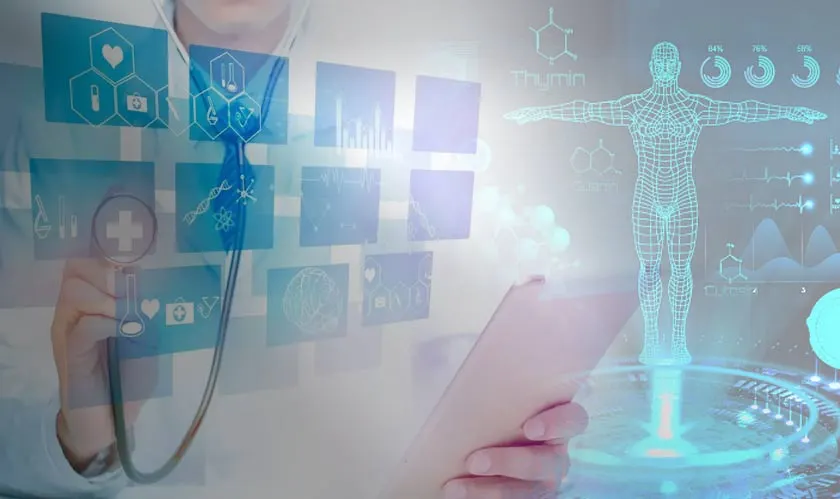In recent years, advances in technology have transformed nearly every aspect of our lives, and healthcare is no exception. From artificial intelligence and robotics to genomics and telemedicine, a new era of innovation is revolutionizing the way we prevent, diagnose, and treat diseases. These emerging technologies hold the promise of improving patient outcomes, enhancing the efficiency of healthcare delivery, and ultimately, saving lives.
One of the most exciting developments in medicine is the integration of artificial intelligence (AI) and machine learning into clinical practice. AI algorithms are being used to analyze vast amounts of medical data, from electronic health records and medical imaging studies to genomic sequences and wearable sensor data, to identify patterns and trends that may be imperceptible to human clinicians. These AI-driven insights can help healthcare providers make more accurate diagnoses, personalize treatment plans, and predict patient outcomes with unprecedented accuracy.
In addition to AI, robotics is revolutionizing surgical procedures and patient care. Surgical robots, equipped with advanced imaging and robotic arms, enable surgeons to perform minimally invasive procedures with greater precision and control, reducing patient recovery times and complications. Robots are also being used to assist with tasks such as medication delivery, patient monitoring, and rehabilitation, freeing up healthcare providers to focus on more complex and critical aspects of patient care.

